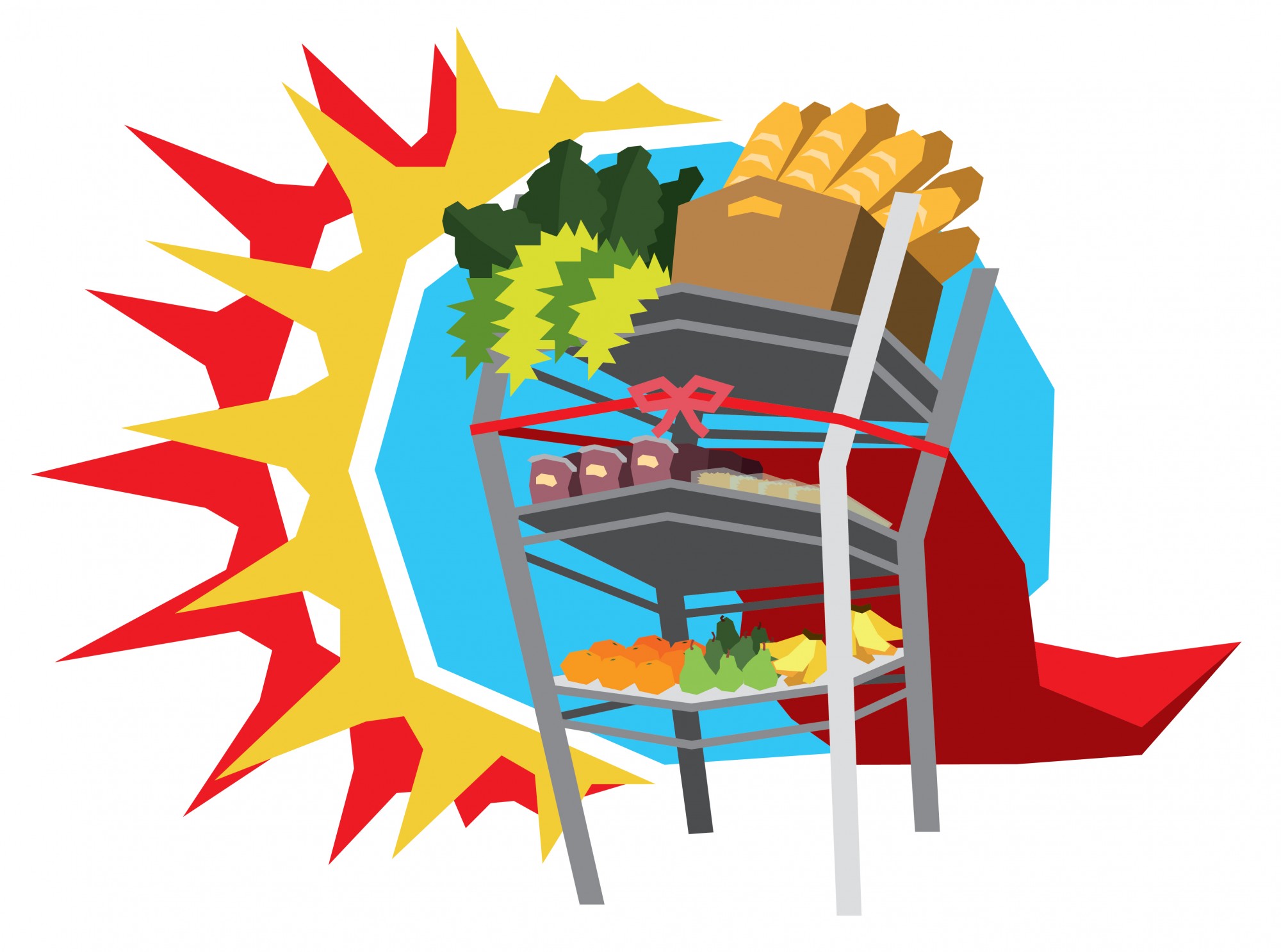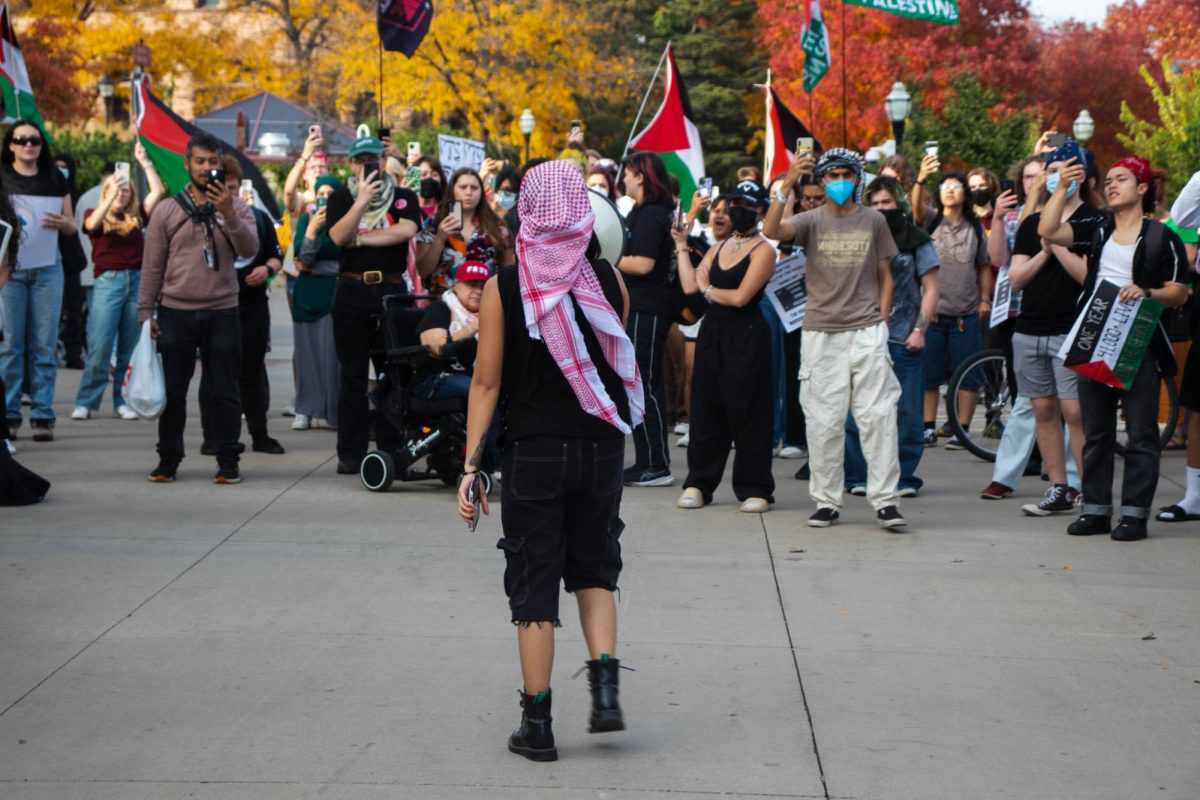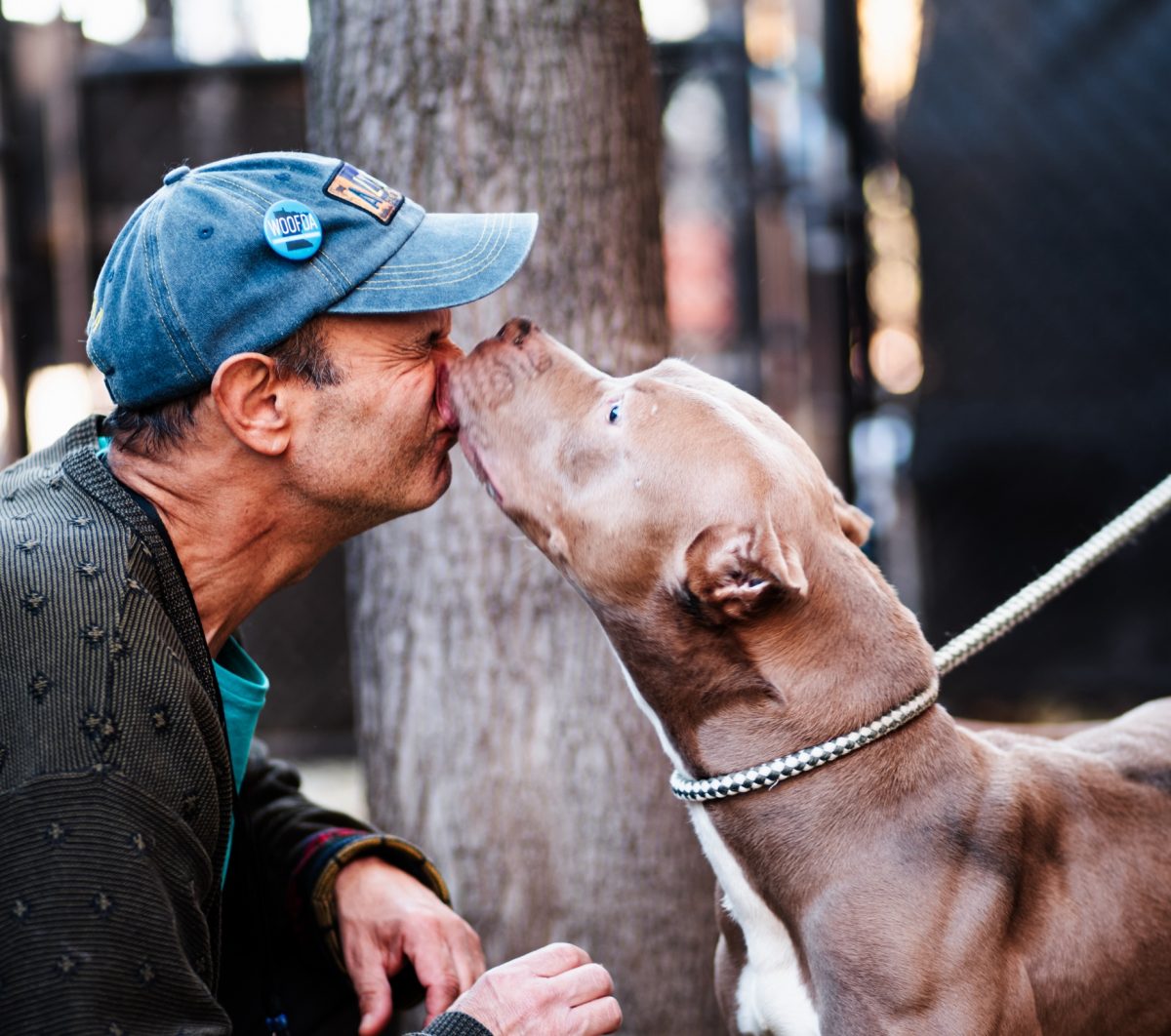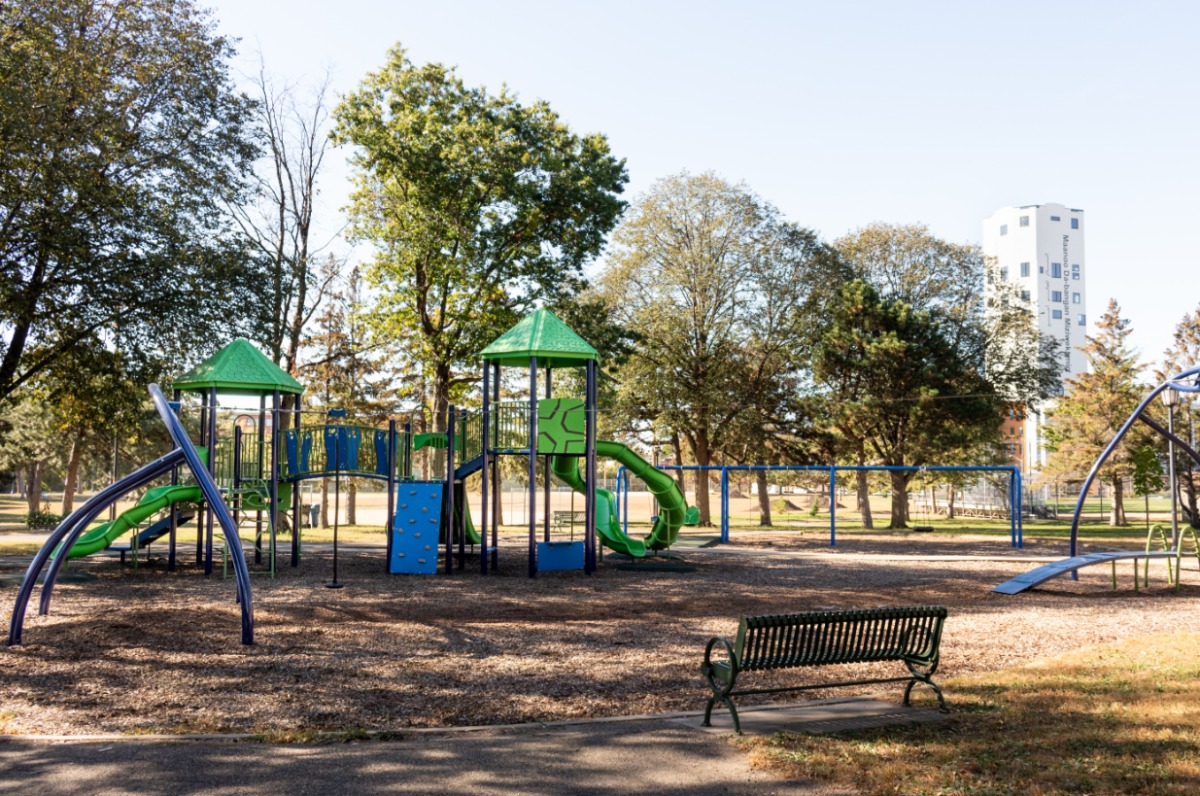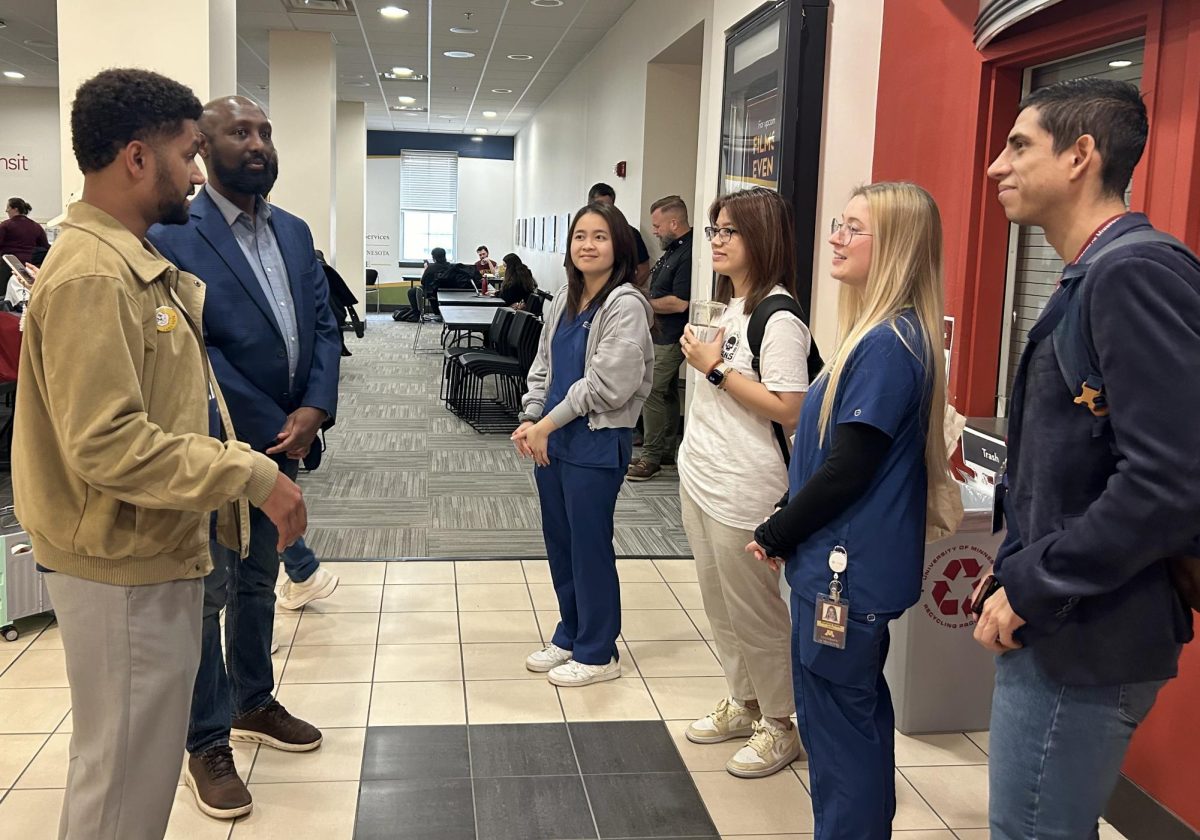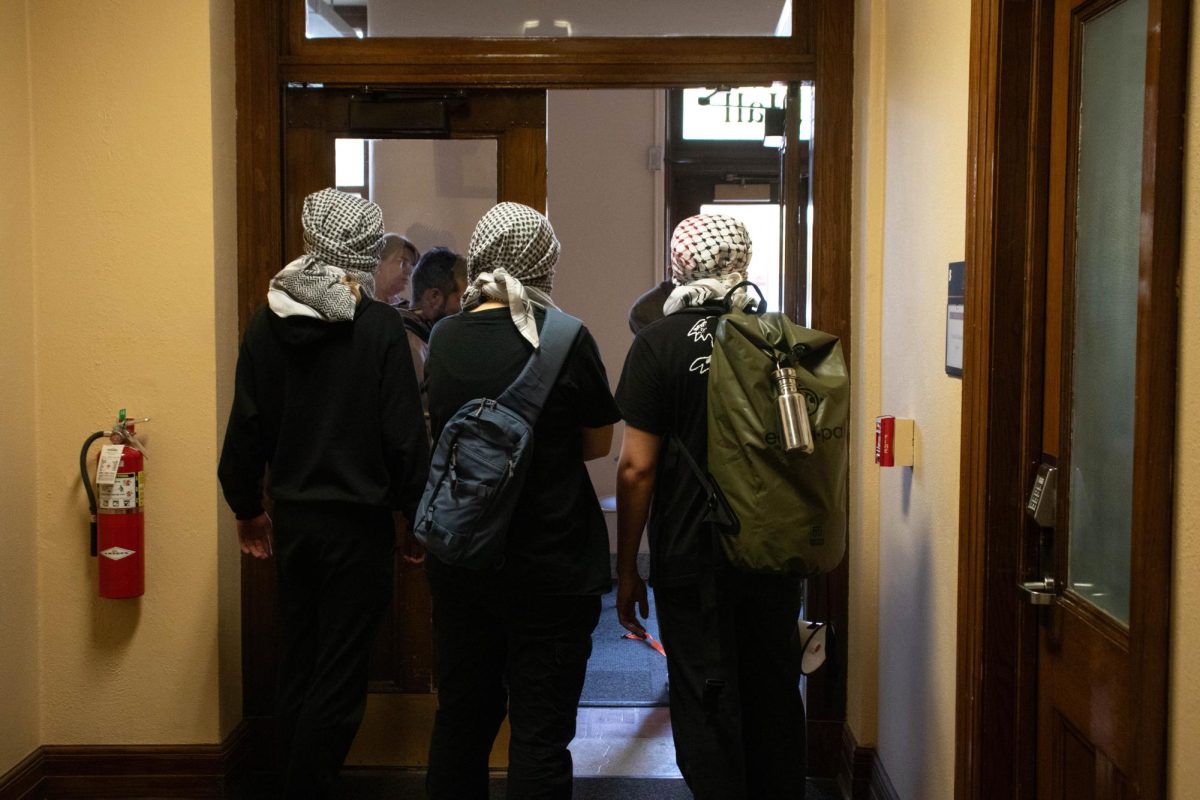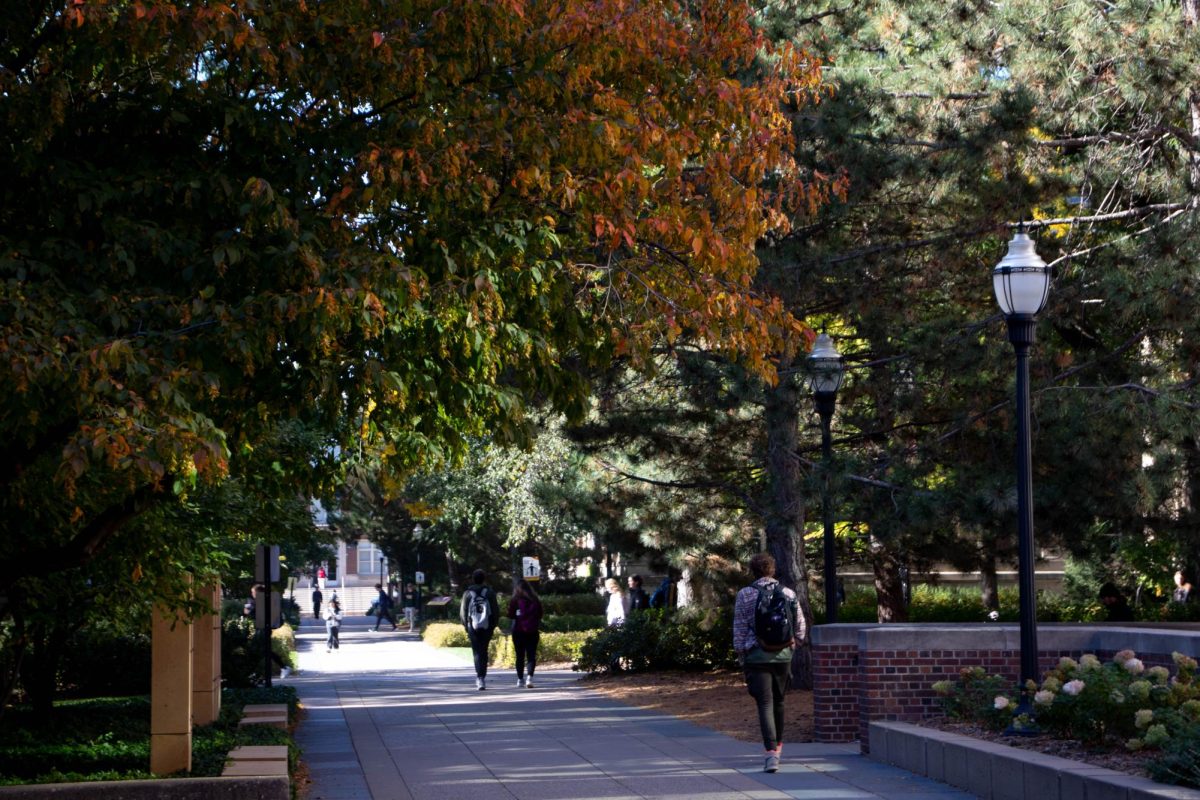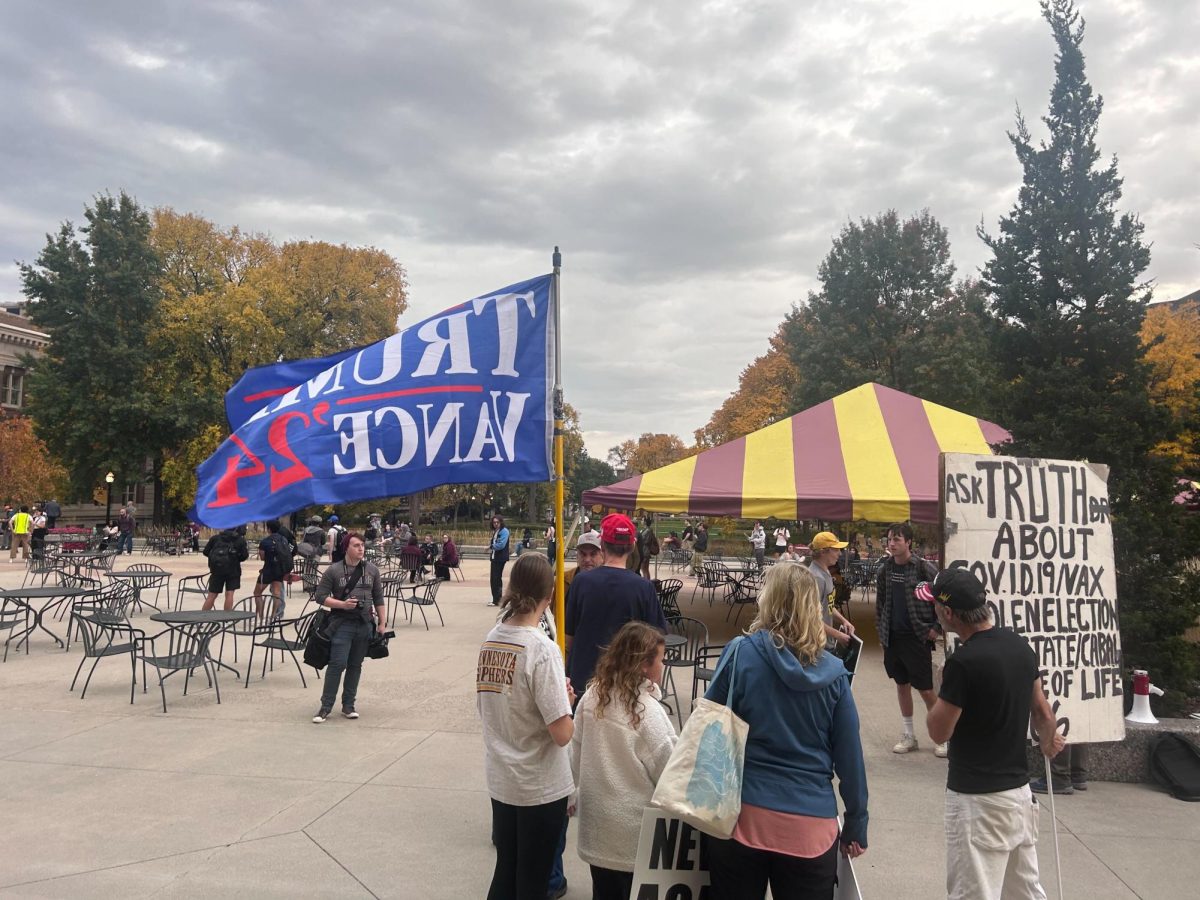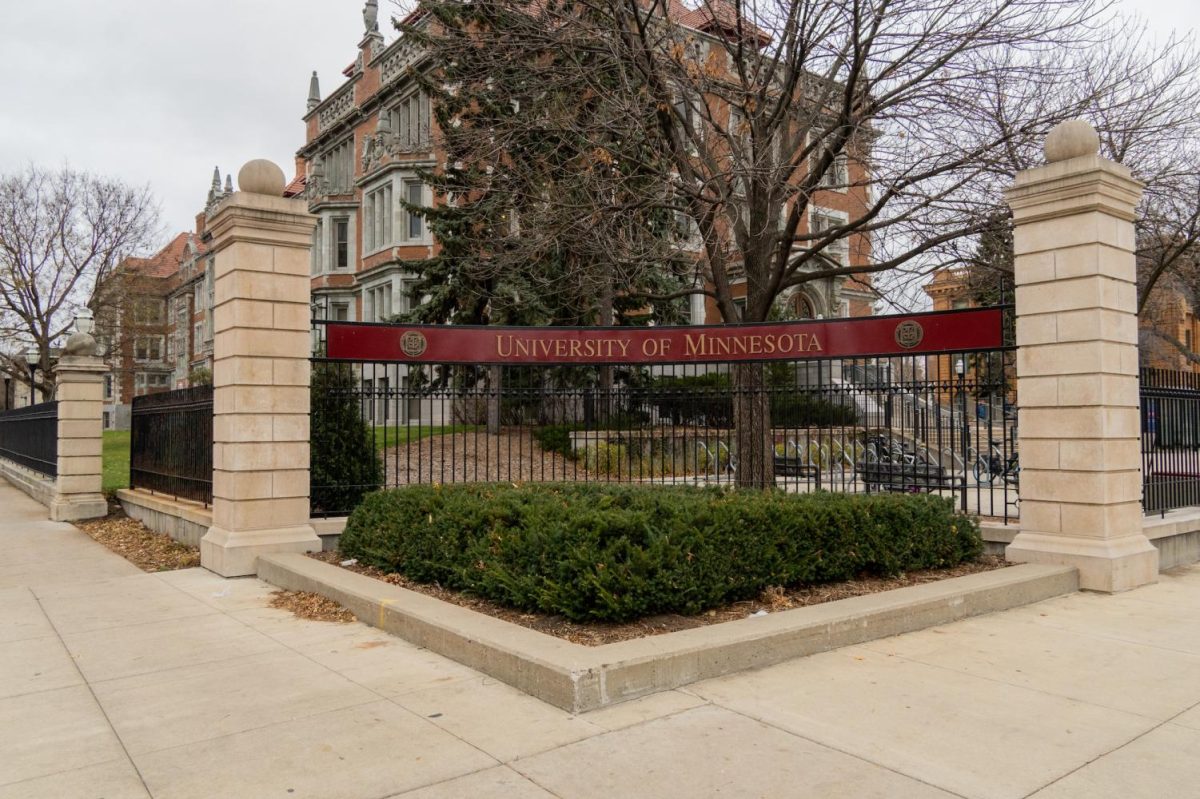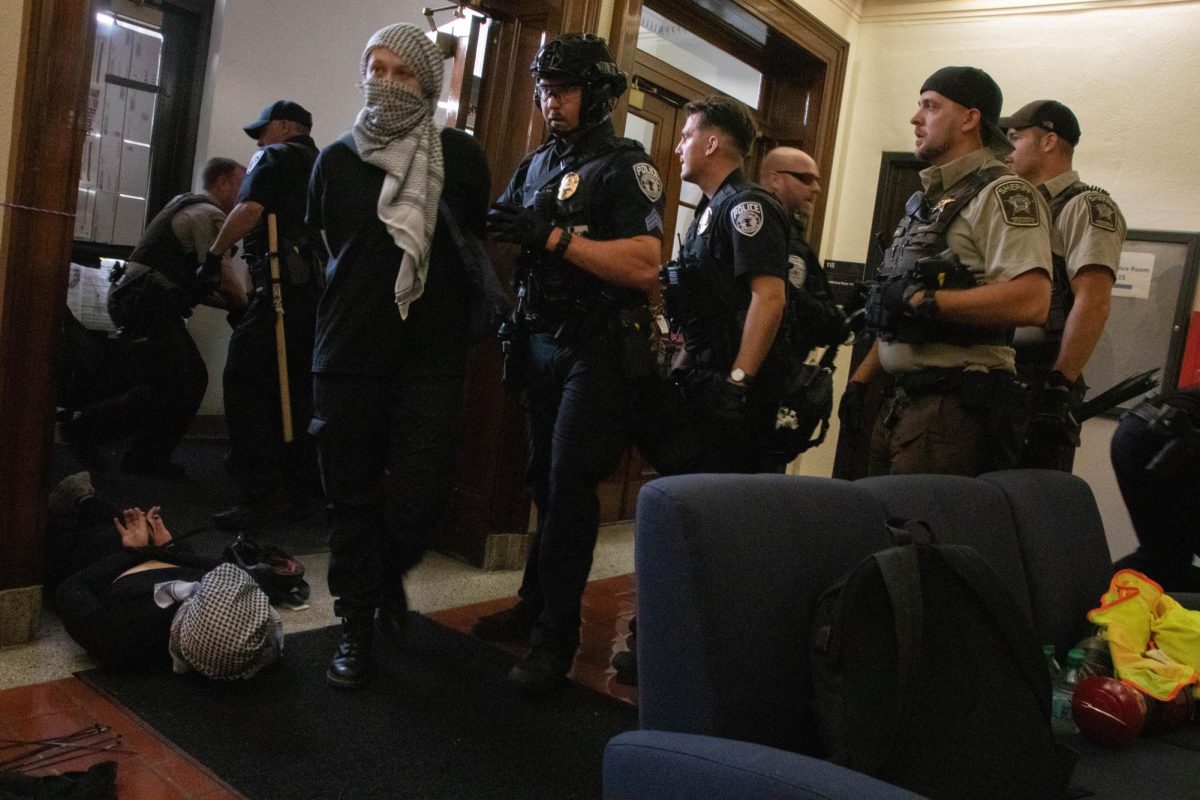From Sept. 12 to 18, the University of Minnesota and other Big Ten universities launched a fundraising campaign titled “One Big Week” to raise funds to support student groups. This year, the University’s focus was to support Boynton Health’s Nutritious U Food Pantry.
Located on the second floor of the Memorial Union, the food pantry is a resource for students to reduce the stress around accessing food, said Amber Chang, the coordinator of Boynton Health’s Nutritious U Food Pantry.
By the end of the fundraiser, the University raised $3,330 of their $5,000 goal which will go toward helping Boynton Health’s Food Pantry stock its shelves with produce and dried goods from The Food Group, a local food bank.
“[The money raised] will allow Nutritious U to serve over 3,000 food insecure students and will ensure their basic needs [are met], so they can focus on their academics and not have to worry about where their next meal will come from,” Chang said.
A student’s inability to access transportation to grocery stores, along with the lack of grocery stores in the immediate campus area, contributes to a student’s anxiety around finding meals, Chang said.
“We live in a food desert,” said Priscilla Trinh, a fourth-year student and lead officer for the Food Recovery Network. “Food deserts are a really common phenomenon in urban centers.”
Since 2014, the Food Recovery Network is another University student group working to fight food insecurity and decrease food waste. Every Friday, the Food Recovery Network goes to on-campus restaurants and collects excess food to donate to Loaves and Fishes, a local food distributor, Trinh said.
By diverting excess food from landfills, the Food Recovery Network fights not only food insecurity but also the environmental damages that come with food waste, like climate change. Every year, the Food Recovery Network diverts a total of four to five thousand pounds of food from campus restaurants to food shelves, according to Trinh.
Although Boynton and groups like the Food Recovery Network aids in fighting food insecurity among University students, the financial effects of the pandemic have caused more students to wonder where their next meal will come from.
“We know that one in six Americans is food insecure, and on our campus alone, 17%,” Trinh said. “That’s almost one in five students afraid of their food running out.”
Many student groups fighting food insecurity expanded their current initiatives or started new programs to accommodate for the increasing number of students experiencing food insecurity. One of these groups includes Swipe Out Hunger.
Swipe Out Hunger is a University student group that allows students to donate their meal swipes to students seeking additional dining resources. But since the onset of the pandemic, Swipe Out Hunger started distributing restaurant gift cards to food insecure students who may not have access to the dining halls, said Gigi Otten, a third-year student and leader of Swipe Out Hunger.
“With our return this fall semester … we have had a large increase in the use of our gift card option,” Otten said. “I think that really comes from more students being aware of it and more students facing the financial difficulties of having to pay tuition again, and doing it in probably a different environment than they had before the pandemic.”
Recently, Swipe Out Hunger started a third initiative to distribute meals on campus. However, running three initiatives with a small group of students has posed some challenges, so Swipe Out Hunger is actively looking for more student volunteers, Otten said.
Although food insecurity among students is increasing, Maria Bonilla, The Food Group agency program manager, said she noticed more universities have launched programs to increase students’ access to food resources.
“This is an issue that has really come to the surface, and colleges and universities across the metro are addressing and taking some action around it,” Bonilla said.
Although more attention and new programs are working to address food insecurity on campus, Otten said there is still a gap in the number of aid programs offered to college students compared to any other age demographic.
“We [Swipe Out Hunger] are definitely continuing our work on advocacy for college students, because a lot of times, we are considered one of those gaps in the public health and public support systems,” Otten said. “There are a lot of programs [available] for K-12 and when you are an adult and beyond, [but] a lot of the times the college areas lack some of that support.”


